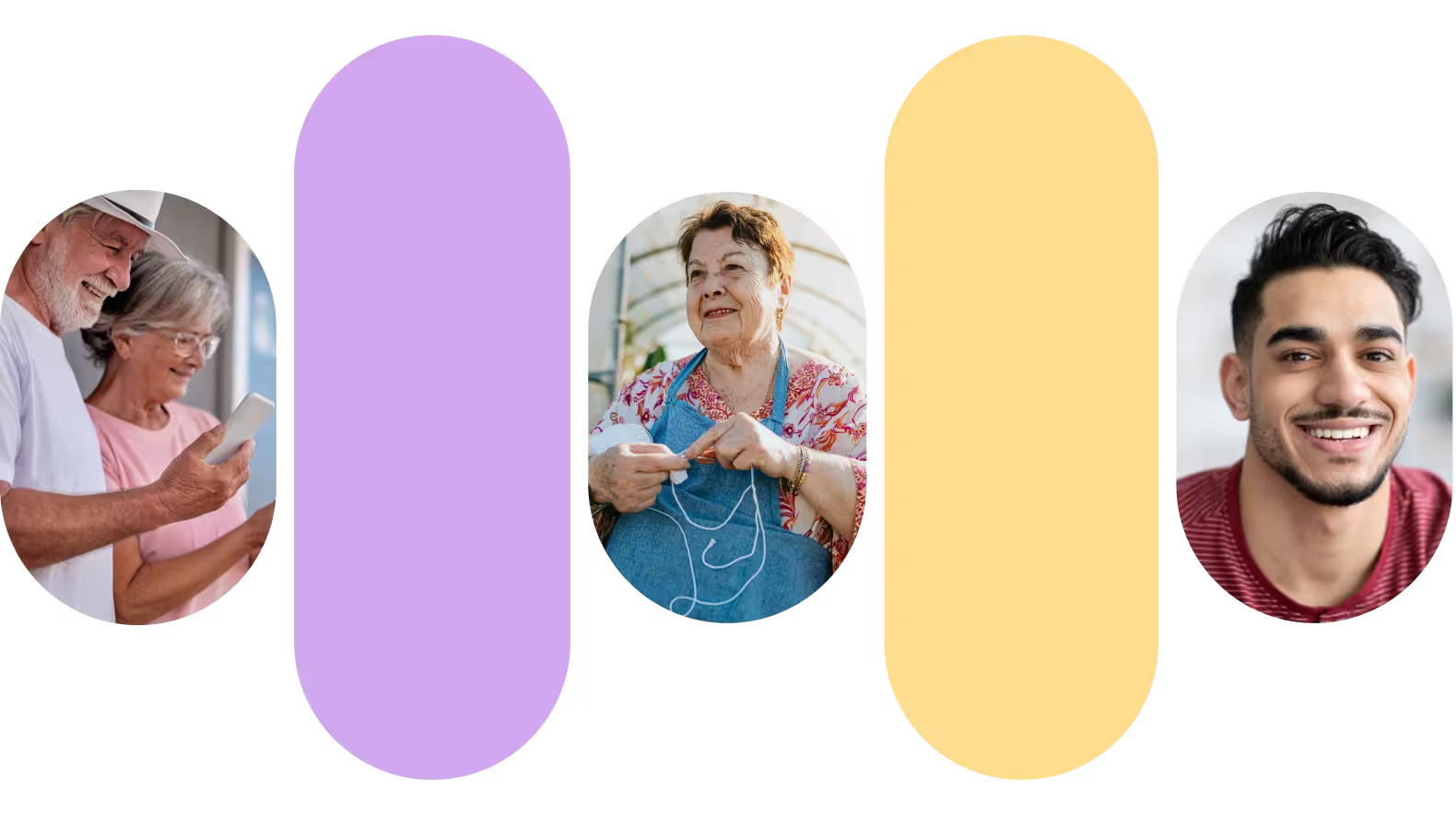4 Ways Global Leaders Can Promote Sign Language
World leaders promoting sign language is crucial in breaking down communication barriers and promoting inclusivity. Read more in this article!
.jpg)
DEIA (Diversity Equity Inclusion and Accessibility) is finally becoming the norm. While we still have a long way to go. Businesses and organizations post their diversity statements and hire experts to oversee diversity, equity, inclusion, and accessibility (DEI&A) initiatives. But this concept is not just a trendy buzzword or leadership fashion. It is the foundational pillar of cultures and communities, and to truly establish and embody a culture of diversity, equity, inclusion, and accessibility, greater accountability must exist from the top down.
Breaking Down Communication Barriers
“Blindness separates people from things; deafness separates people from people.”
-Hellen Keller
Communication is an essential aspect of human life, a tool for people to express their thoughts, emotions, and ideas. However, not all people communicate through spoken languages. The existence of sign languages in various parts of the world has allowed deaf or hard of hearing people to communicate effectively with the hearing community.
However, certain groups can be left behind without seamless access to information and limited opportunities to participate in society. Therefore, world leaders must use their collective efforts to foster, promote, and recognize national sign languages as part of their countries' vibrant and diverse linguistic landscapes.
Inclusive Environments are Built by Example
Cultivating an inclusive environment and breaking down communication barriers requires consistently improving and prioritizing initiatives to build a long-term culture of DEI&A that will change the future. That’s why global leaders must speak up for inclusivity and advocate for change on a larger scale.
As this was the case with Michal Herzog, the first lady of Israel, who, during televised ceremonies, such as the event of Holocaust Remembrance and Heroism at Yad Vashem
has been recorded using Israeli Sign Language (ISL) during the signing of ‘Hatikva’ (The Hope) – Israel’s National Anthem. At the same time, the televised event includes an ISL interpreter.
The importance of a global leader using sign language during a televised ceremony cannot be overstated. In this case, Israel's First Lady is promoting inclusivity and demonstrating her commitment to ensuring that all members of society are valued and included. Including a sign language interpreter is also crucial, ensuring that members of the deaf community can fully participate in the event and feel included in the proceedings, sending a powerful message to the deaf community that they are valued. It also raises awareness about the importance of accessibility and promotes a more inclusive society overall, a crucial step towards promoting inclusivity and creating a more equitable world for all.

This initiative highlights the importance and impact that making sign language mainstream can have on the deaf or hard of hearing community and invites world leaders to follow.
4 Ways Global Leaders Can Promote Sign Language
Sign language is a vital tool for communication for deaf and hard of hearing individuals, yet it is often not given the attention it deserves. Global leaders are responsible for promoting the mainstream use of sign language and ensuring it is accessible to everyone. Here are four ways that they can do so.
01. Join the World Federation of The Deaf Global Leaders Challenge
The Global Leaders Challenge is a yearly opportunity for national associations of deaf people to establish and maintain sustainable collaborations with their national leaders by using their national sign languages.
02. Promote Inclusive Education Policies
Global leaders are responsible for advocating for sign language use in classrooms. By creating more accessible learning environments, global leaders can help ensure that deaf children have the same opportunities to succeed as their hearing peers.Organizations such as Deaf Child Worldwide have led the charge for changes in accessible Deaf education internationally.
03. Advocate for Workplace Accommodations
Employment opportunities can also be limited for deaf or hard of hearing people due to communication barriers or assumptions about their abilities. Global leaders can help break down these barriers by promoting inclusive hiring practices and advocating for workplace accommodations, such as sign language interpreters and captioning services.
04. Design public spaces and events with accessibility in mind
Global leaders can promote accessible technology, such as captioning and sign language interpretation. United States did so when they hired full-time ASL interpreters for the White House for the first time in 2022. Additionally, global leaders can advocate for including deaf individuals in public dialogue and decision-making processes, ensuring their voices are heard and their perspectives are represented.
Conclusion
In conclusion, by advocating for inclusivity and pushing for change on a larger scale, global leaders can help create a more accessible and equitable world for all. Together, we can work towards a society where deaf or hard of hearing individuals have the same opportunities to succeed as their hearing peers.














.png)